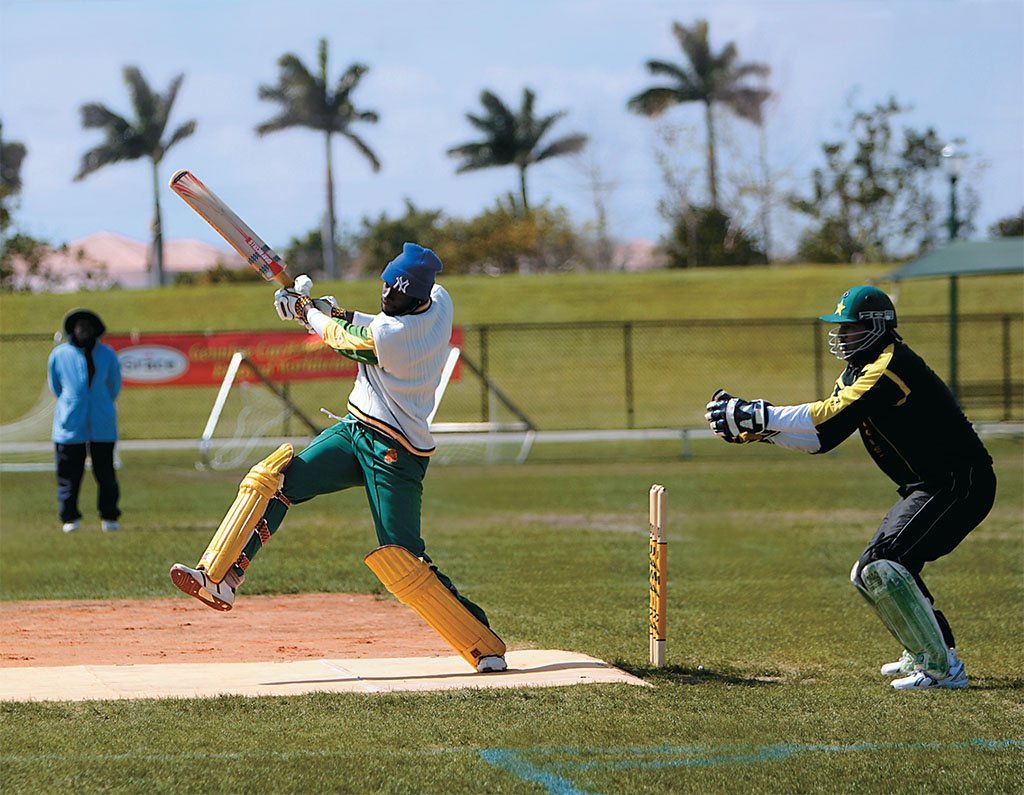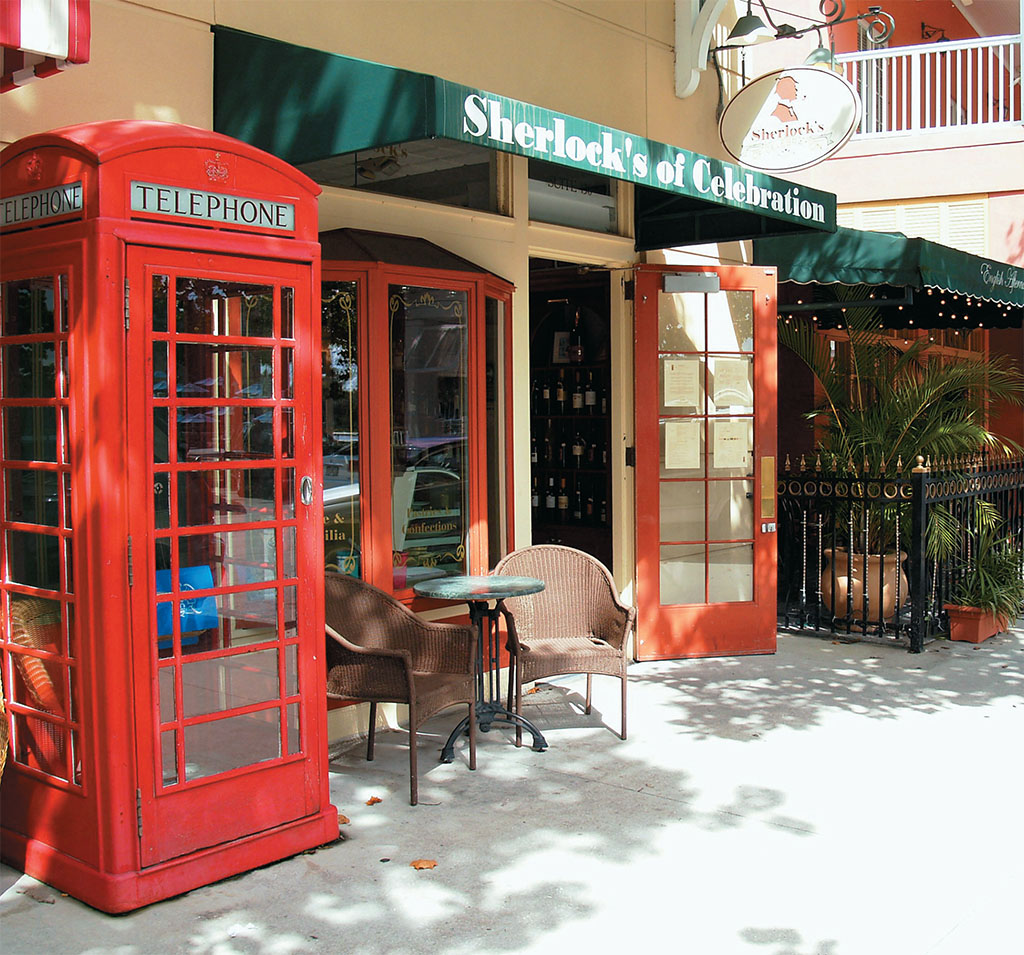
THE BRITISH HAVE ALWAYS been peripatetic peoples. After all, virtually all of the tribes who inhabit Great Britain today were in-migrants to the island at one time in history or prehistory. Not content to abide in their green and pleasant land, the Brits came over and colonized the United States and Canada. And went to the other side of the globe to colonize Australia and New Zealand. There are British colonists in the Falkland Islands, Gibraltar and in a dozen other outposts of former empire around the world.
Today, as at no point in almost 100 years, Brits are again taking trunk and carpet bag and resettling across the globe. For the last decade, the Scottish ophthalmologist, Welsh teacher and English lorry driver have all learned their pensions will go further in Spain than in Britain. The Mediterranean coast of Spain and enclaves in France’s Dordogne country have become virtually British retirement colonies. Meanwhile, North America and Down Under remain the former crown colonies most attractive to relocating Brits.
Paul Revere’s famous 1775 cry would be tardy if it came today. The British are here! In fact, there are nearly 700,000 British expatriates residing in the United States today. Not surprisingly, our resident British population is concentrated where the sun shines, in Florida and California, for instance. There is a large British community in New York City, however, and active enclaves frequent British pubs from Boston to Dallas. I’ve several British friends at my own local here in Leesburg. Not surprisingly, British Heritage numbers thousands of British expats among our regular and enthusiastic readers.
[caption id="TheBritsAreAmongUs_img1" align="aligncenter" width="1024"]

LOUIS DAVIS ©2008
[caption id="TheBritsAreAmongUs_img2" align="aligncenter" width="1024"]

MARK THORNHILL-SHERLOCK’S OF CELEBRATION
While the United States, with our dubious popular culture, is certainly not everyone’s cup of tea, we are a welcoming place, perhaps more particularly to the British than to any other in-migrants. The social historian Paul Fussell observed in his great book, Class: A Guide Through the American Status System, that a Brit moving to this country automatically raises his or her social standing by a class. Geordie or Welsh, Highland Scots or Cockney, we love all variations of the British accent, and we are simply and simplistically predisposed to look kindly on the source of our own culture, language and history. No wonder the States are a popular destination for Brits looking to relocate; we are an open society to them.
No matter where the British emigrate, however, expatriates never seem to leave old Blighty behind completely. There always remains engrained in the British soul an unmistakable craving for such down-home comestibles as Saville orange marmalade, tinned beans and Branston pickle. Much as they enjoy their new surroundings on the Costa del Sol or the Costa del Chicago, British expatriates draw either genetically or culturally on 400 years of colonization. They know how to build a support network and maintain the back-home institutions they most love.
From the St. George Society in New York to the Mayflower Club of Southern California, British expatriates gather for networking, socializing and mutual support as strangers in a strange land. After all, as reticent and socially awkward as the British can congenitally be, they are a social and sociable people. The Union Jack, a monthly tabloid paper published in Le Mesa, Calif., for British expats, keeps our resident Brits briefed on what’s happening back home with the Premiership football league, the monarchy and British politics. It also includes a monthly synopsis of what’s been happening on Coronation Street and Eastenders.
Perhaps nowhere are our British residents as well organized as in Florida. The Web site www.britishflorida.com serves as an information bureau and networking resource. A collaborative service of the British Bureau of Florida, the Florida Association of British Business and the Florida bureau of Union Jack, the British Florida Web site claims to provide “Florida’s Only Source for Everything British.” While “everything” is a big claim, it is hard to figure out what British Florida is missing.
British Florida includes a directory of Indian restaurants, job postings, immigration and citizenship resources, British grocery shops, equestrian events, real estate and rentals, rugby and cricket matches, tea shops and lists of everything from British lawyers to British hair salons.
The Web site’s resources serve not only British expatriate residents, but also the hosts of visiting Brits who make Florida the No. 1 American destination of British visitors. Between temporary visitors and long-term residents, there are an estimated 400,000 Brits in Florida at any given time.
Beyond serving the myriad concerns and interests of our overseas guests, however, British Florida is a wonderful resource for us resident Anglophiles as well—especially but not exclusively, perhaps, British Heritage readers in the Sunshine State. It is a wonderful site to source British comestibles, from PG Tips to Branston pickle, or to locate a nearby pub, tearoom or curry. The directory locates 60 British tearooms and grocery shops across the state.
The Web site serves as a social networking hub for expats as well. Its page on British Clubs includes 125 British clubs and societies in Florida. Many of these are strictly social clubs for fellowship and fun with British folk in communities all over the state. Some clubs are quite specialized, such as the Palm Beach RAF Warbirds, “for RAF chappies, former and serving British pilots.” Most clubs, however, are far more broadly focused and informal; many are open and welcoming to all those of British ancestry, or just plain friendly Anglophiles.
Certainly British Heritage readers will need no reminding to make welcome in our communities those British expatriates that settle among us. One of the most welcoming gestures one can make, of course, is to introduce our local British friends and acquaintances to the magazine. For many an American-residing Brit, British Heritage is a treasured link with home and hearth. It is only hands across the sea, you know.





Comments